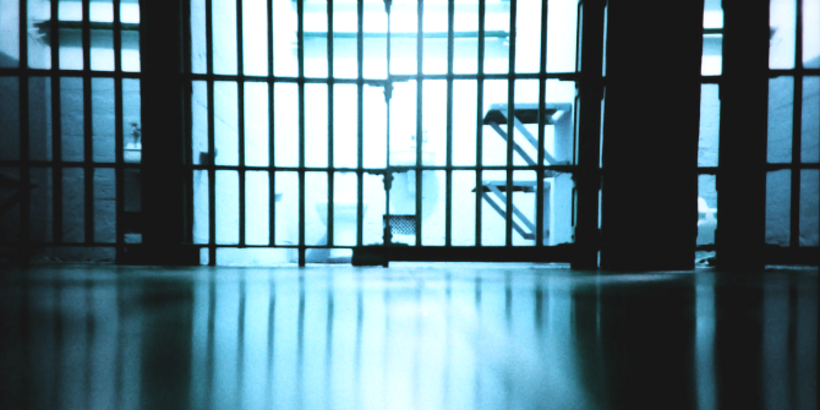Reflecting on the ethics of long-term imprisonment
Ben Jarman, a Quaker at Westminster Local Meeting, has worked in prisons for years. What has the experience taught him, and how has his Quaker faith shaped his outlook?

I first became interested in prisons eight years ago while working at the Quaker Council for European Affairs. Since then I have done policy research for several charities and managed a volunteer-led service working in 20 different prisons.
Much of that work was with people serving long sentences for serious violent and sexual offences. The harm they have done is often irreparable, and the people who they have harmed are often uninterested by healing or forgiveness, at least for the moment. Where there are also questions about whether they pose further danger to others, it can be difficult to imagine a feasible alternative to imprisonment. Yet in the face of endless dismaying headlines about prisons, it is equally difficult to imagine how imprisoning people can achieve anything other than more harm.
A morally troubling situation
Imprisonment is not a benign experience: even the most rehabilitative or 'reformed' prison is a painful place to live, away from the loved ones, status, possessions and comforts of life before prison.
Even so, I have met long-term prisoners who say they found meaning in the experience: achieving new perspectives, changing their behaviour, and finding ways to contribute positively to the lives of others. Often, they could not have foreseen this happening without the initial shock of the conviction and the sentence. They speak of their experience as a necessary evil and are often deeply interested in what it means to live a good life.
For others the sentence offers no such comfort. Prison time represents meaningless suffering, and they can't imagine that they might need to change - or access the help they need to do so. They are often preoccupied by questions of survival: living day-to-day, suppressing thoughts of the future, and complying not through a concern with ethics but out of a fear of authority.
Room for transition
While I was working in prisons, I became fascinated by the contrasts and the relationships between these two groups. Those who found meaning often describe having moved into it from the survivalist mode, often after moments of personal crisis and profound re-evaluation.
I think transitions like this matter, and that prisons should think more about how to encourage them. If we are to accept that punishment is a necessary evil in some circumstances, then shifts in ethical thinking are surely something to aim for, or the pains of imprisonment are no more than revenge. Prison performance is more than just a matter of reoffending rates: if Quakerism tells us anything, it is that the process matters, as well as the outcome.
Researching the possibility of hope
My work in prisons led me to seek out research. In particular, research by Alison Liebling and her colleagues at the Prison Research Centre in Cambridge grabbed my attention. They measured differences in the 'moral climate' of different prisons. In some, power is used to foster an environment where human development is possible. In others, it is misused or not used at all, fostering an environment in which there is no safety. Research shows that prisons with high scores for their 'moral performance' also have significantly lower rates of suicide, self-harm and reoffending. They are not perfect, but they are more hopeful.
Research like this got me beyond thinking simplistically about prisons as just bad, harmful places. If some are more hopeful and more survivable for prisoners, then we have to ask why. But how this translates into the experiences of individual prisoners has not been very well-researched.
I have recently started PhD research in Cambridge, which aims to answer some of these questions. The work is jointly funded by Britain Yearly Meeting's Adult Education Grants programme and by the Economic and Social Research Council. It aims to examine in depth how long-term prisoners experience the prison environments in which they live, and how that affects the kinds of projects of change that they might take up.
To me as a Quaker, it seems important to ask these questions about how the state's power is used against its most stigmatised citizens. As a Society, we are used to raising questions about how power is used against people who have committed no criminal offences, such as migrants. We seem to have less to say about how it is used against people who have badly harmed others. It seems to me vital that we take seriously their experiences of punishment: how it feels, and what moral messages they are taking from it.